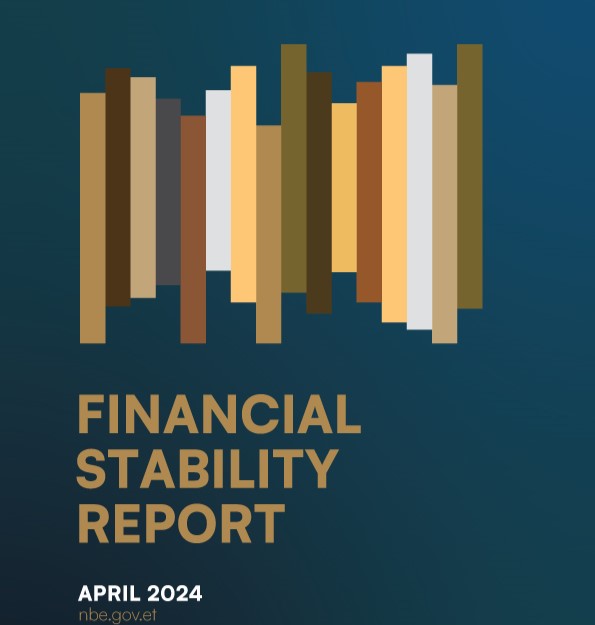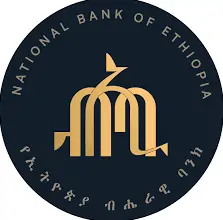In the Ethiopian banking sector, there’s a noticeable trend where a small group of big borrowers holds a large chunk of loans and advances. According to the National Bank of Ethiopia FSR (Financial Stability Report) April 2024, the top ten borrowers in the banking industry collectively held about 23.5% of all loans and advances by June 2023. This percentage went up from 18.7% the previous year, showing an increasing concentration among these major borrowers. These borrowers owe 440 Billion ETB to private and government banks. Such concentration poses risks to the banking sector because if these big borrowers face issues repaying their loans, it could seriously affect the overall health of the sector.
Furthermore, almost all loans (99.8%) by June 2023 were taken by borrowers from urban areas as per the National Bank of Ethiopia FSR. This suggests that banking services and credit are more easily accessible to people in cities compared to those in rural areas. Recognizing this urban-focused lending pattern can help policymakers design initiatives to bring financial services to underserved rural areas, which would contribute to more balanced economic growth across different regions.
To tackle the risks associated with the concentration of loans among a few large borrowers and urban-centric lending, regulators and financial institutions need to take action. They can work on diversifying lending portfolios, ensuring inclusive lending practices, and improving access to finance for all parts of the population. This way, they can mitigate risks, promote fair lending, and make financial services more accessible to everyone.
NBE is considering the implementation of regulations to control the borrowing activities of “large borrowers.” Moreover, NBE may incorporate clauses in the upcoming bank business proclamation. This will limit the amount a business or individual can borrow from a bank.
There is concern that this will affect the entire banking system of Ethiopia if these borrowers encounter financial difficulties.
While the National Bank of Ethiopia FSR does not disclose the identities of these borrowers, it is speculated that they may include state-owned enterprises and government agencies.
Undoubtedly, there are potential challenges for NBE in implementing such regulations but it is necessary to mitigate the risks of credit concentration. The revision of these rules may accommodate the entry of foreign players as we all know Ethiopia wants foreign investors to come into the country.
More Stories
National Bank of Ethiopia (NBE) Classifies All Commercial Banks
Ethiopian News: Heavy Fighting between Tigray & Amhara fighters










More Stories
EU Imposes Restrictions on Issuance of Visas for Ethiopians
National Bank of Ethiopia NBE Exchange Rates
Gold Price in Ethiopia